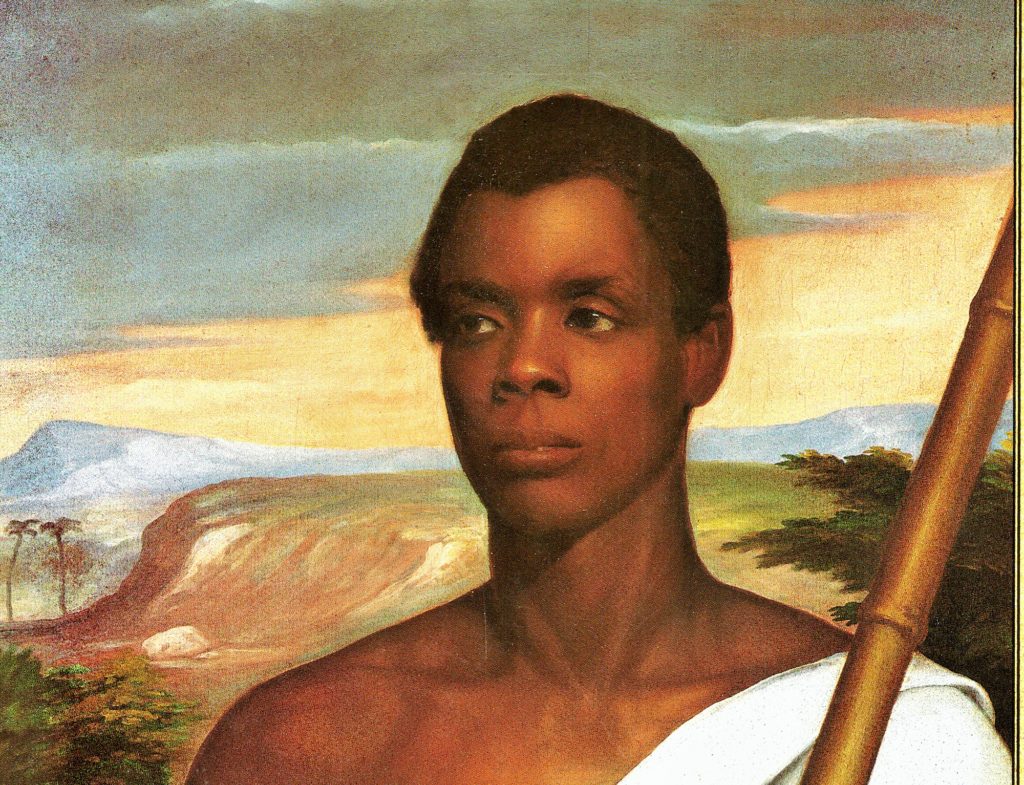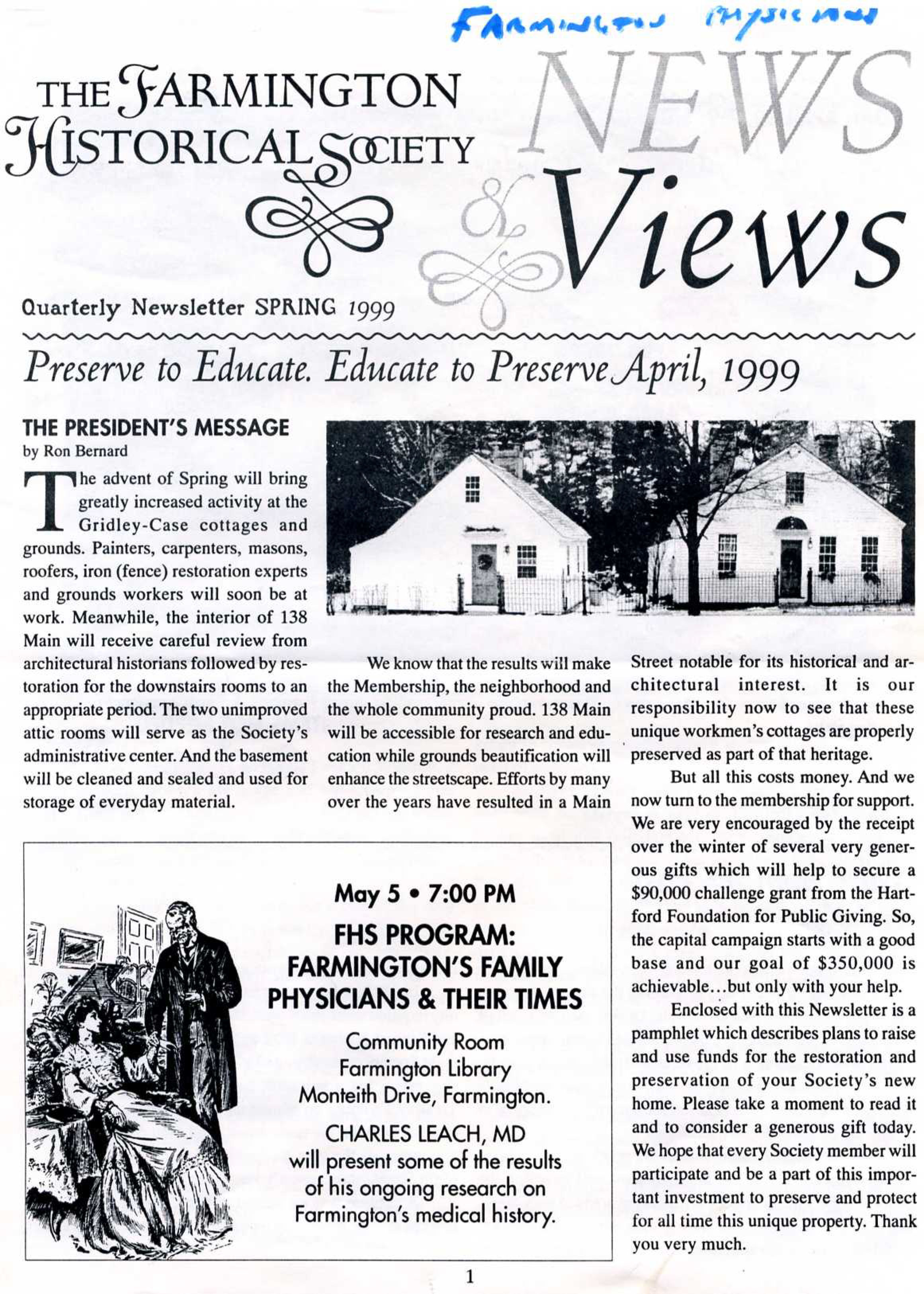Tunxis Tribe Begins to Disband
In 1775, some made plans to move to another tribe in Stockbridge, Mass., and some to Oneida, N.Y. Others moved to Green Bay, Wisconsin. A few never left Farmington.
Susan North Strong wrote about one who was named Moosuck:
“I must go home in the meadow across the bridge to see Old Moosuck and his wife. These are the last of the Tunxis tribe of Indians. They live in a wigwam and raise corn and a few other things. They have the best samp (yellow corn cooked whole) that I ever have seen, and I seem to be quite a favorite with them, for they always have a gourd of samp for me to eat. In the river near their wigwam there is an island, and Old Moosuck takes us to it in his canoe and we get ‘ground nuts’ there.
I feel very sorry for these poor Indians, for they see how the white men are spreading over their country — that the hunting is useless, and it is hard to get meat to eat. They do not think our way of living is the best.
I am so glad the settlers bought the land of the Indians, and did not cheat them, and that they lived peaceably together. Most of the Indians have gone where there are better hunting grounds, and Old Moosuck feels so lonely that I think he and his wife (Squaw he calls her) will soon follow them. There are no settlements west of us.”
— Quoted from The Heritage Trail Guidebook, A Noah Wallace Fund Bicentennial Project



